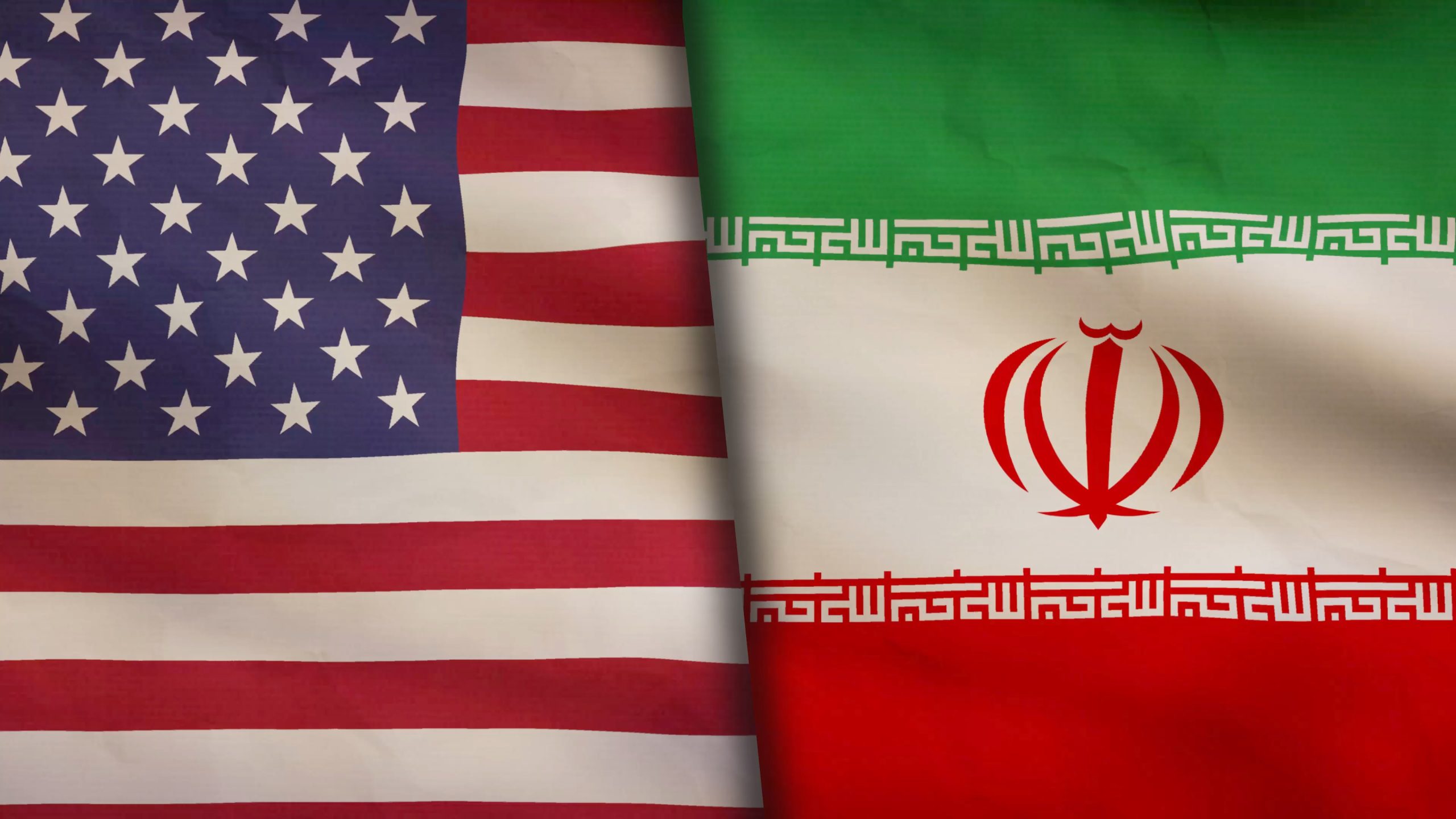Iran Intensifies Efforts to Influence U.S. Election with Fake News and Cyberattacks, Microsoft Reports
According to Microsoft, Iran is ramping up its online activities aimed at affecting the U.S. election, including a phishing attack on a presidential campaign. The tech giant’s latest threat intelligence report reveals that Iranian actors have been setting up fake news sites and impersonating activists to foster division and potentially influence voters, particularly in key swing states.
The report highlights a shift in Iran’s tactics from previous elections, detailing specific actions by Iranian groups. These findings surpass the details provided by U.S. intelligence officials and include examples of Iranian activities. Iran’s mission to the United Nations denied any intentions to interfere with the U.S. election or conduct cyberattacks.
Microsoft’s report notes that while Iran’s specific goals are not entirely clear beyond causing chaos, U.S. officials have previously suggested that Iran may be targeting former President Donald Trump, whom Tehran views unfavorably. The recent indictment of a Pakistani national with alleged ties to Iran, accused of plotting against U.S. officials including Trump, adds to concerns about Tehran’s intentions.
The report also points out that Russia and China are exploiting U.S. political divisions to further their own agendas.
Microsoft identified several recent Iranian actions expected to escalate as the election approaches:
- In June, an Iranian group linked to the Revolutionary Guard targeted a senior U.S. presidential campaign official with a phishing email. The email, disguised as coming from a former senior adviser, aimed to gather sensitive information. The group later attempted to access an account belonging to a former presidential candidate but was unsuccessful.
- Iranian actors have been creating fake news sites tailored to different political audiences. One site targets a left-leaning audience with derogatory content about Trump, while another appeals to Republicans with controversial content on LGBTQ issues and gender-affirming surgery.
- Iranian groups are impersonating U.S. activists, possibly preparing for influence operations closer to the election.
- In May, an Iranian group compromised an account belonging to a government employee in a swing state, though it’s unclear if this was related to election interference.
Iran’s U.N. mission responded to these claims by asserting that Iran’s cyber capabilities are defensive and proportionate, denying any plans to interfere in the U.S. election.
The report also notes that Russia-linked actors have shifted their focus to the U.S. election, while Chinese actors are using current events like pro-Palestinian protests to increase political tensions in the U.S. Microsoft is monitoring the use of generative AI technology by these foreign actors, which could potentially be used to create misleading content.
Recent updates from U.S. intelligence officials align with Microsoft’s findings, highlighting ongoing foreign influence efforts aimed at destabilizing the U.S. political landscape ahead of November’s vote. Intelligence officials have suggested that Iran’s actions are likely driven by a desire to avoid exacerbating tensions with the U.S., particularly under a candidate like Trump, who is viewed as increasing those tensions.
The intelligence community also observed Iran’s support for American protests related to Israel’s conflict with Hamas, further illustrating Tehran’s involvement in U.S. political dynamics.










